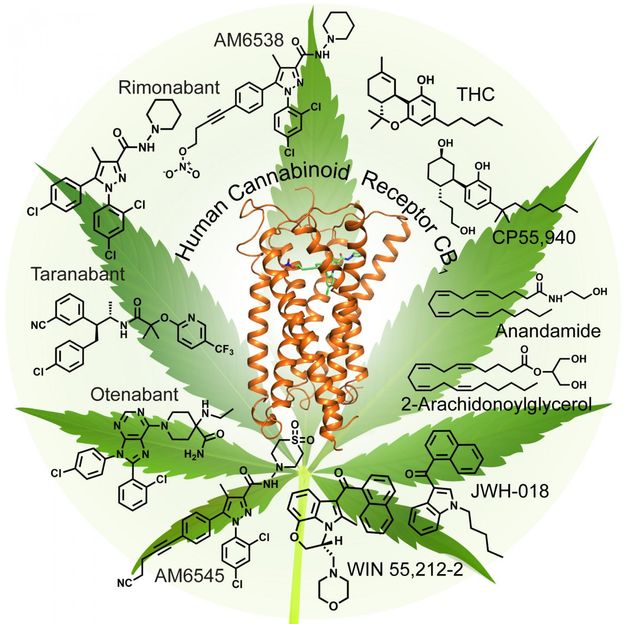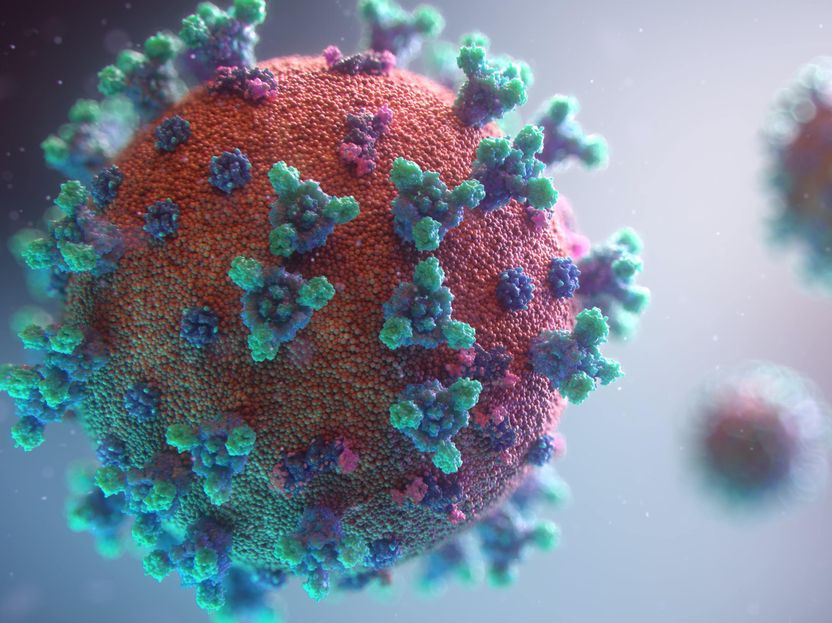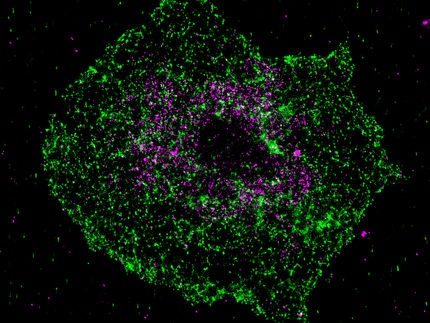Study finds genes that keep watch on blood clotting time
Scientists have discovered three genes that could shed light on the genetic causes of blood-clotting disorders such as thrombosis and some types of stroke. Researchers at the University of Edinburgh have discovered that the three genes make a substantial contribution to how long it takes blood to clot. The team thinks that identifying these genes that control the way blood clots could help further our understanding of conditions such as deep vein thrombosis, heart attacks, some types of stroke, and bleeding disorders.
The study was carried out at the Centre for Cognitive Ageing and Cognitive Epidemiology (CCACE), part of the cross council Lifelong Health and Wellbeing Initiative. The study looked for associations between half a million genetic markers and time taken for blood to clot, measured by a test called activated partial thromboplastin time (aPTT). The findings show three genes - called F12, HRG and KNG1 - are responsible for a substantial amount of the variation in speed of blood clotting in different healthy people. The team will now try to encourage research teams working on relevant medical disorders to study these genes.
The participants in the study were members of the Lothian Birth Cohorts of 1921 and 1936 who live in the Edinburgh area and took part in the Scottish Mental Surveys of 1932 and 1947. The Lothian Birth Cohorts, now aged over 70, are being tested by Professor Ian Deary and his team at the University of Edinburgh to find clues to healthy ageing.
Dr Lorna Houlihan, from the University of Edinburgh performed the analysis with help from experts in Edinburgh, Glasgow, and Brisbane. She said: "This is an exciting genetic discovery, especially as so few genes account for such a large effect. We have explored the genetics of the medical information that has been given by our cohorts of older people. When I saw this huge finding on the genetics of blood clotting I first checked that it occurred in both our groups - it did. Then I checked that no-one else had discovered this - they hadn't. Then the team set about establishing the possible medical implications for some blood disorders."
Topics
Organizations
Other news from the department science

Get the life science industry in your inbox
By submitting this form you agree that LUMITOS AG will send you the newsletter(s) selected above by email. Your data will not be passed on to third parties. Your data will be stored and processed in accordance with our data protection regulations. LUMITOS may contact you by email for the purpose of advertising or market and opinion surveys. You can revoke your consent at any time without giving reasons to LUMITOS AG, Ernst-Augustin-Str. 2, 12489 Berlin, Germany or by e-mail at revoke@lumitos.com with effect for the future. In addition, each email contains a link to unsubscribe from the corresponding newsletter.
Most read news
More news from our other portals
Last viewed contents

University of Texas Health Science Center at San Antonio - San Antonio, USA
New stem cell research removes reliance on human and animal cells

A look at the 'marijuana' receptor
Biovitrum Enters Development Agreement with Swedish Biotech Company Synphora

What previous bird flu outbreaks teach us - “Our findings highlight the importance of not waiting until bird flu cases are discovered, because then the virus has probably already been circulating for quite some time”
Category:British_marine_biologists

Biosynth Extends its Offering to Multi-Kilogram GMP Peptide Synthesis through the Acquisition of Pepceuticals
Safe medications thanks to new test procedures - High-Tech Gründerfonds invests in SIGNATOPE GmbH


















































